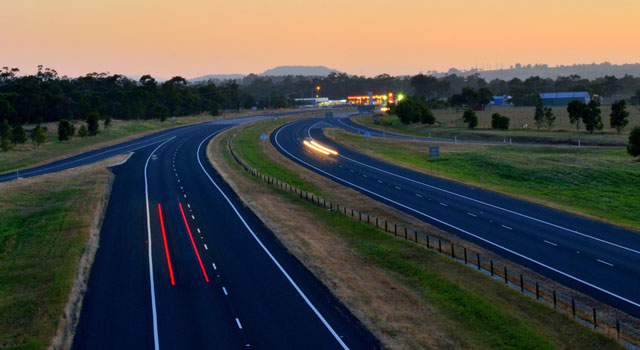
E-tolling in Gauteng will most likely be implemented by the end of the year, transport minister Dipuo Peters said on Monday.
“Last week, we finalised the regulations and this week we will be dealing with the tariff structure and starting the process to publicise the tariff structure,” she said at a New Age business breakfast in Midrand.
The tariffs would be publicised for 30 days. “After 30 days I’m sure it will take seven to 14 days to get the ball rolling.”
The supreme court of appeal reserved judgment late last month on a legal challenge to e-tolls by lobby group Opposition to Urban Tolling Alliance.
Peters attributed the high cost to the technology which was being used. “It’s imported and we have to pay for it. Just like your cellphone, just like any other technology that we use,” she said. “As a transport sector we’d be very happy to say give us all the money that the government has and reduce the money for schools, reduce the money for building other social infrastructure, reduce the money for pensions for the aged, reduce the money for feeding children in schools, is that what South Africans want?”
She said the objective of the Gauteng Freeway Improvement Project was to decongest the road networks and if people did not want to pay they could use alternative routes. “We have also created alternative routes to make sure that those who are unable to get onto the freeway, those you don’t want to get onto the freeway, those who don’t want to pay, can use the alternative routes.”
Peters ruled out the suggestion that the fuel levy be increased instead, saying it would be unfair for the rest of the country to pay for Gauteng’s roads. “Somebody who is in Mbizana who does not even have a road to get to school, must pay for the Gauteng freeways. Do we want to exacerbate the inequalities in the country?” she said.
Meanwhile, roads agency Sanral CEO Nazir Alli said on Monday that it is unfortunate that commentators are not looking at the benefits of e-tolling in Gauteng.
“If you do calculations in terms of the loss of production, the wear and tear to your car, vehicle operation costs which increase, the pollution we were creating… Once you take that into account the benefits far outweigh the tariffs publicised earlier this year,” he said.
Alli said since president Jacob Zuma signed the bill providing for e-tolls the number of people who had bought e-tags had increased. A total of 600 000 e-toll tags were in circulation. “South Africans are law-abiding citizens. They will abide by the law and get tagged.”
Alli said 83% of people would only be paying R100/month for e-tolling and others had been exaggerating the numbers. “Less than 1% of people will actually reach that R450 [maximum] a month.”
Earlier, he said it was unfortunate that the Sanral was only known for the Gauteng e-toll project. “Eighty-four percent of our business is non-toll; there is only 16% of our business which is a toll road portfolio. That toll road portfolio does make a large contribution to the well-being of our entire national road network.”
Alli said 75% of freight in the country moved on those roads, which showed how important the network was. “Can we for one moment just imagine that if we didn’t have a good national road network, as to what would happen to the economy? Of course together with that goes the old issue about job creation, [and] the development of SMMEs [small, medium and micro enterprises].”
Sanral had 800 SMMEs looking after the country’s entire road network, he said. — Sapa




